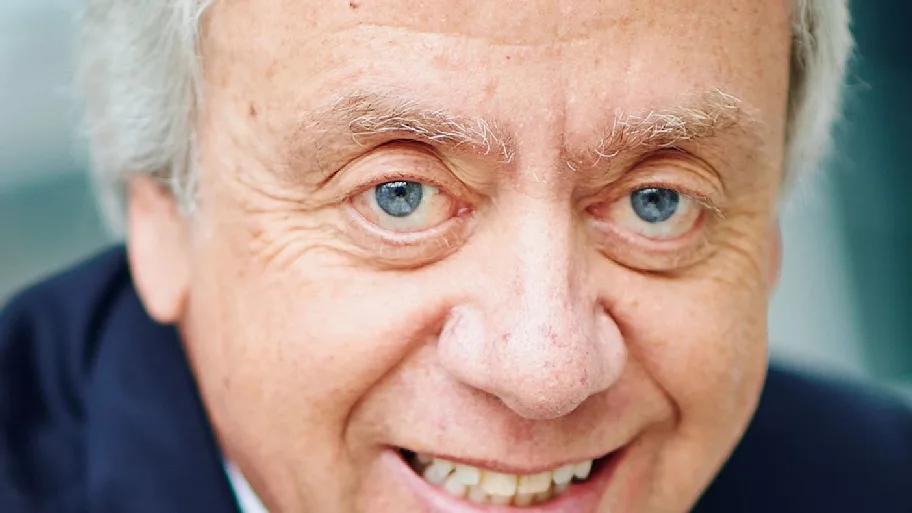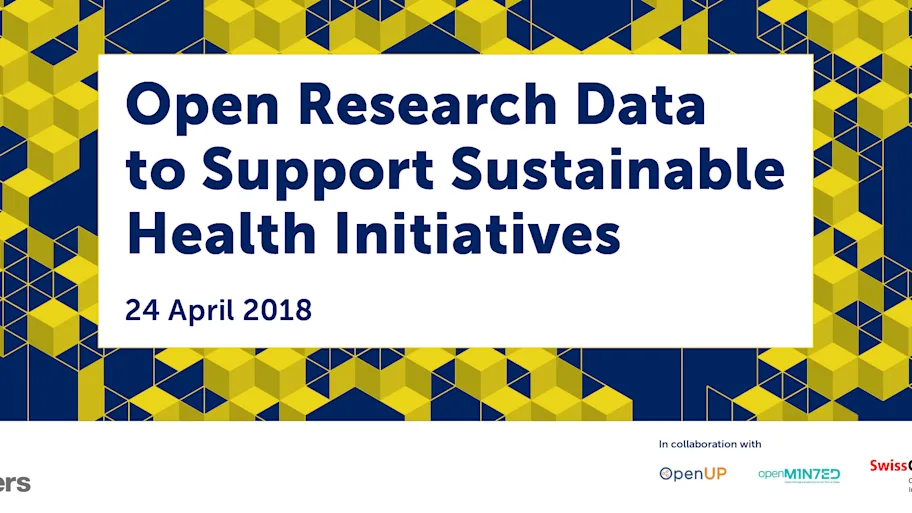
- Science news
- Health
- Building bridges in medical research
Building bridges in medical research
By Emily Barker, Frontiers Science Writer
Dr. Michel Goldman, Field Chief Editor of Frontiers in Medicine, recently founded at the Université libre de Bruxelles the Institute for Interdisciplinary Innovation in healthcare (I3h).
Thanks to the Fund Baillet-Latour, the I3h Institute will launch in February 2017 an innovative educational project in translational medicine for students enrolled in different master programs related to healthcare including medicine, pharmacy, public health, but also economics, engineering, and law. The program includes lectures on the different aspects of the future of healthcare given by internationally recognized speakers, as well as case studies with active participation of students.
“I think there have been exciting advances in the last few years, but people don’t realize that in order to bring new medicines to the patients you need more than scientific research,” explains Dr. Goldman. “It is not only about drugs. It’s also about medical devices and it’s about using big data, so it means that you have really to bring together different disciplines, and different expertises to translate the progress of research into new therapies for patients.”
“The students themselves will have to work together across different disciplines to solve problems in healthcare;” he continues.
The course will take place in Brussels, Belgium but the goal is to make it accessible widely through e-learning.
“Some of our lecturers will be from industry because it’s critical for our students to be in contact with people doing real life activities in healthcare,” Goldman says. “Wherever you are working in industry you need a minimum knowledge in the whole value chain of the development of new therapies.”
This type of course is fairly unique. “Still very often people are working in silos. I saw that throughout my career as an MD. Probably the best way for me to help patients these days is to prepare the new generation of professionals who will take care of patients in the future with this new mindset.”






